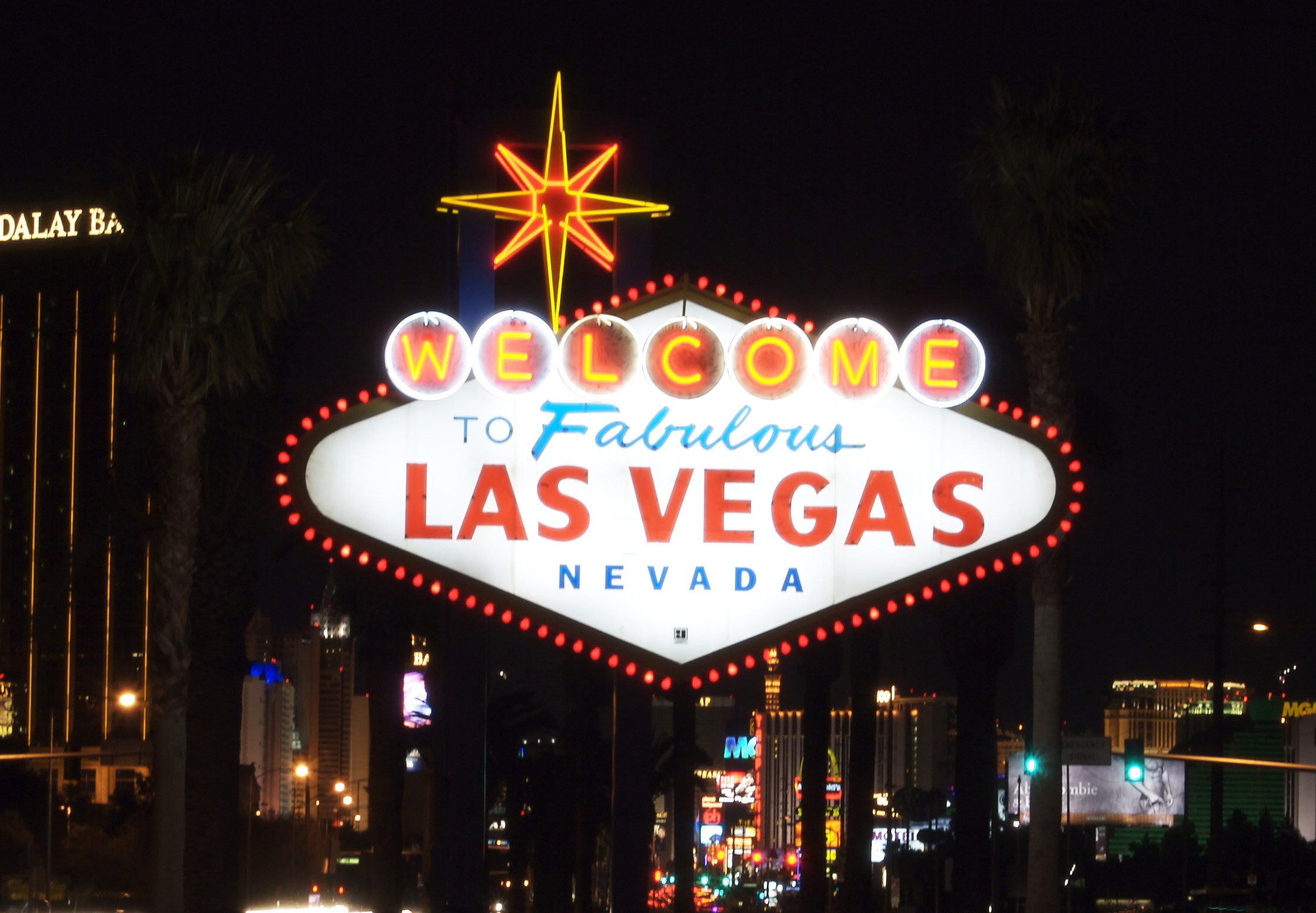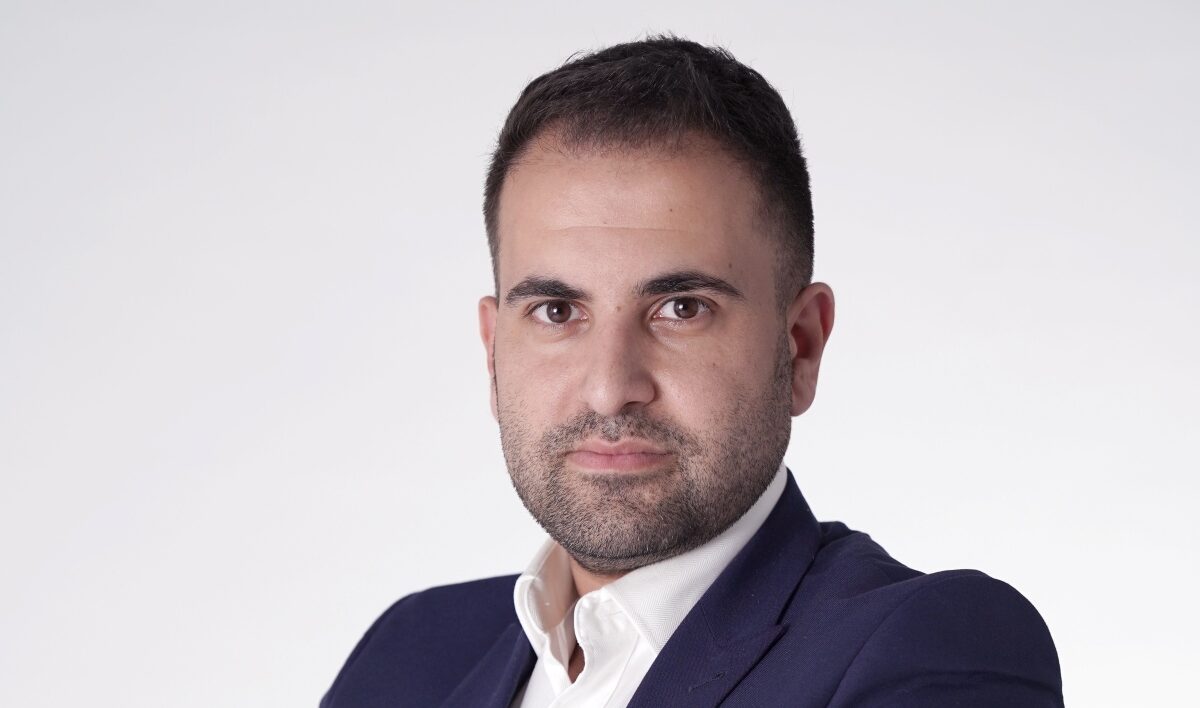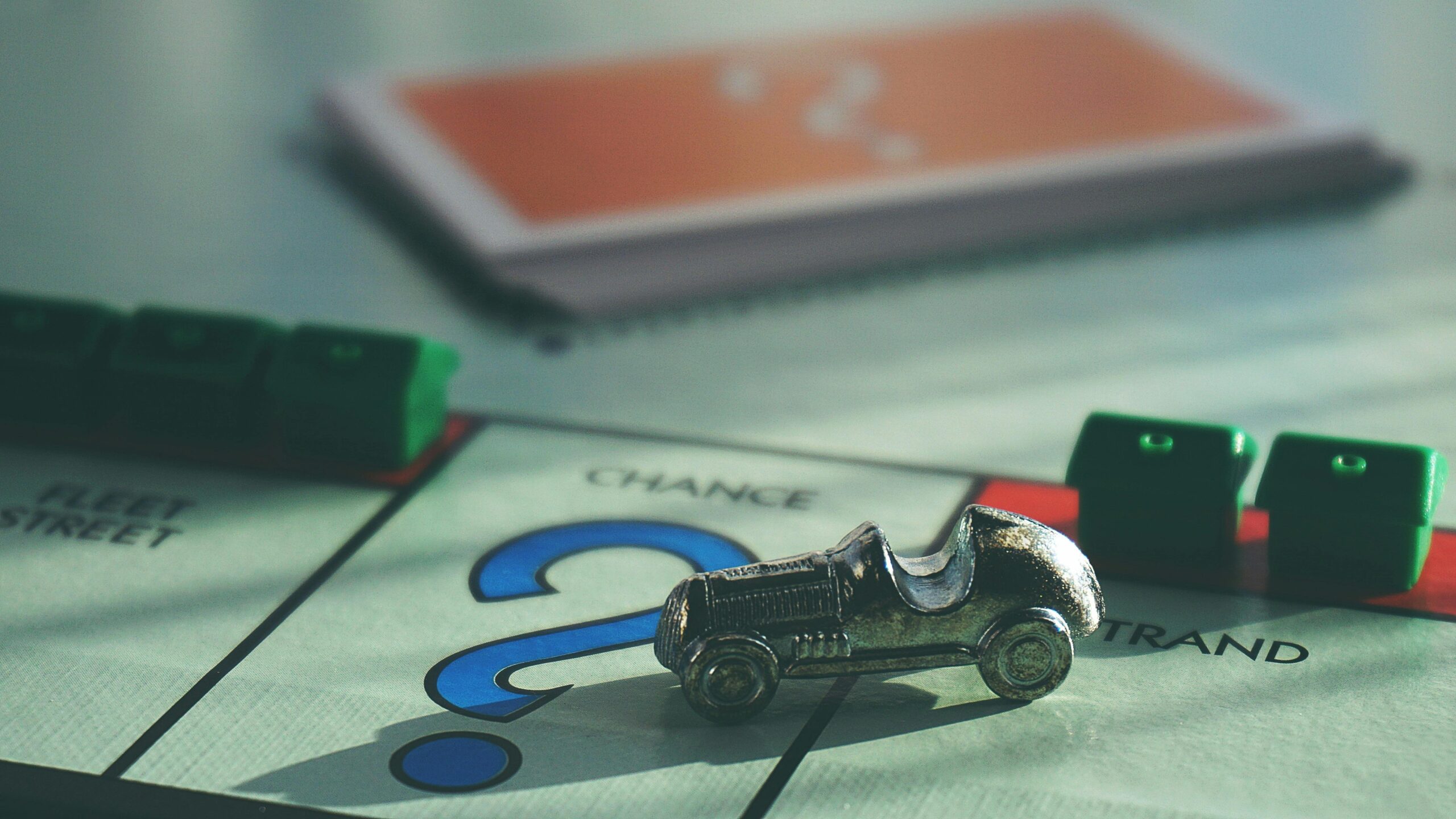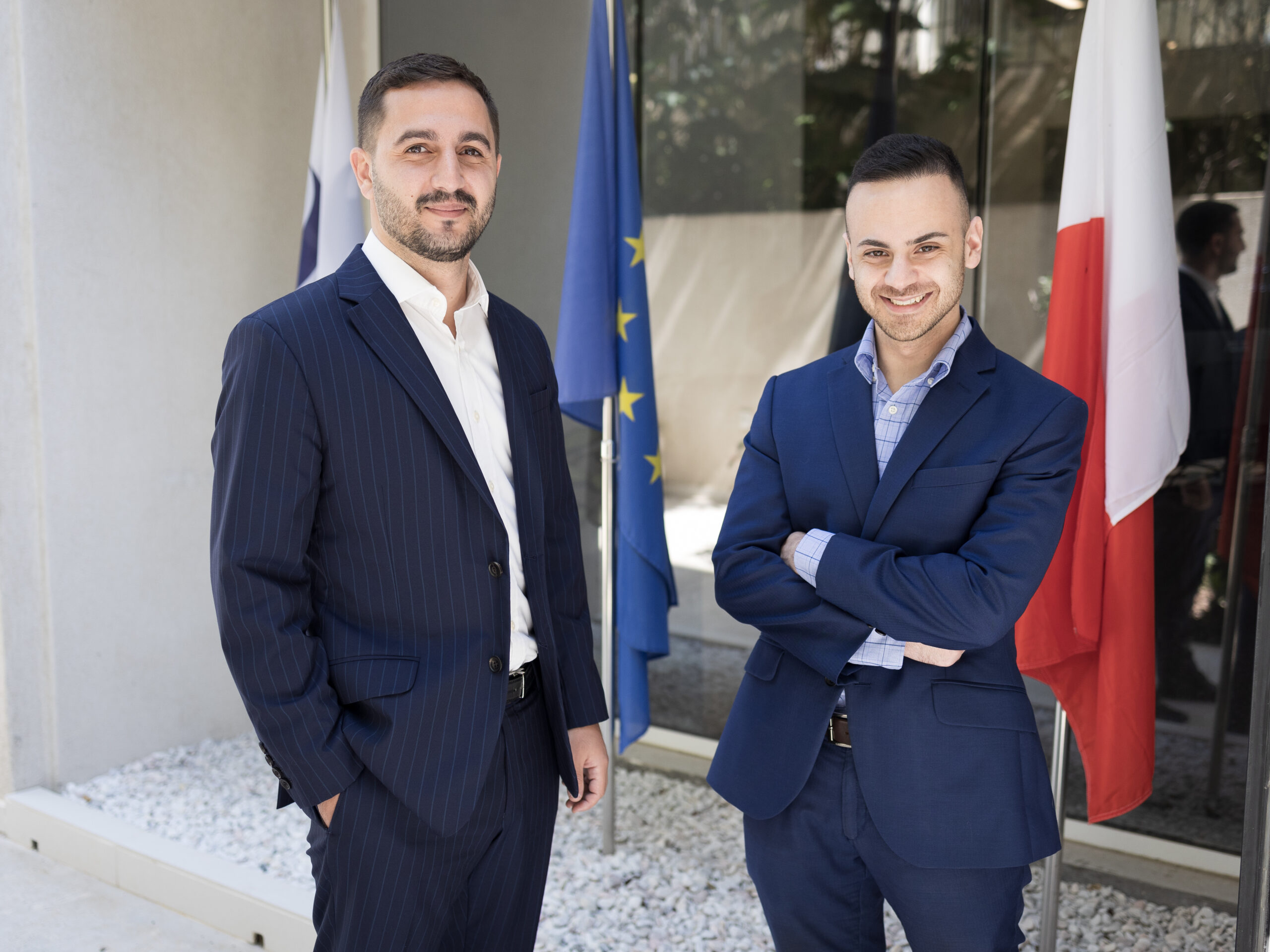iGaming, and gambling more generally, are contentious industries.
A stigma has developed around them, suggesting that gambling is unhealthy, that it is a waste of money, and that it doesn’t contribute to the community.
And the negative stigma does not only affect iGaming companies in terms of lost potential customers.
Rather, according to Julia Panina, Head of Demand Generation at EvenBet Gaming, it can also affect the industry’s ability to retain staff and keep employees happy.
According to her, iGaming employees can also sometimes feel uncomfortable developing a gambling-related product, leading to one of two eventualities, when a person leaves a company, “shutting a door to the job [they were] passionate about”, or it “causes a disease”.
This an issue that she’s pondered herself, and she concedes as much, discussing in an opinion piece on social media some of the key arguments she has encountered against gambling, and how she has confronted them, in an attempt to help others in the industry quiet prospective qualms about their work.

Firstly, she has found that some people think that “gambling is something bad and unhealthy”.
It’s not an argument which she necessarily takes issue with, in its surface reading. Instead, she points out that “bad and unhealthy” are two wide categories that can be applied to almost anything in our everyday life.
From food to leisure activities, and from communication with people to our environment, Ms Panina argues that many of us are affected by “bad and unhealthy” things which have a negative impact on us.
The solution then, is to keep a balance “in everything”, she muses.
“Balancing between healthy and unhealthy food. Balancing between bad and good movies. Balancing between gaming and spending time with family”, she says.
Balance, in fact, is the point where responsible gaming appears on the scene, the industry expert argues.
Ms Panina identifies that some companies are going out of their way to foster responsible gaming, in some cases significantly exceeding the minimum investments required from them under law.
For her, it is notable that whereas companies in the iGaming industry often responsibly promote safe gambling, other “bad and unhealthy” industries do not do so.
“Do coffee makers inform of the harm of coffee? Do sugar producers alert about sugar dependency and struggle with the rising number of diabetic patients? Do giant malls take responsibility for shopping addicts?”, she asks.
“But the gaming industry does take steps to prevent addiction, to educate players before they play”, she insisted.
Another stigma she highlights is that “gambling is all about useless spending”.
On this, she argues that, as players are investing in the emotions they feel when gambling, staking money, and perhaps even losing money, is similar to paying for expensive restaurants or branded clothes to make them feel better.
She also compares the feelings achieved by sports fans to those of bettors.
“Sports fans and bettors are so psychologically close that the border between the two can be very indistinct. Do sports bettors get high emotions when betting? Absolutely. Do these emotions cost the money they pay? Obviously”.
Finally, Ms Panina states that, despite arguments to the contrary, gaming employees and companies want to be useful to the community.
She acknowledges that there are some professions that are considered to “a priori valuable”.
However, she suggests that as a doctor could aim to “just sell remedies and not to cure”, and like how a builder might not “care that the materials he uses are harmful but cheap”, any flaws are imposed not by the profession itself but by the attitude of the person in that profession.
In the case of the iGaming industry, Ms Panina claims, precisely because companies work in the industry, they try to work with maximum attention and service to the community.
Firstly, she thinks, to the community inside the company, and secondly to the community where they operate.
“As a result, iGaming companies build great teams that often can be proud of their corporate culture and the relations between their employees. They build a space where people grow their passion about their professional skill and where they enjoy working side by side”, she has found.
“As for the service to the outer commune, I can’t but mention, as a bright example, Indian tribes that wisely spend the revenue from gambling on the needs of their communities”.
Continue Reading
Together Gaming Solutions plc announces early redemption of its 5.9% unsecure callable bond
These bonds were originally issued in 2019 and scheduled to mature between 2024 and 2026
Evolution to develop online live casino and slots for MONOPOLY and other Hasbro games
Hasbro hands out MONOPOLY licence tokens to a total of four iGaming firms
CasinoBonusesFinder: A fresh look at bonus finding in 2025
Since 2010, online platform CasinoBonusesFinder has helped players answer one essential question: Which casino bonus is truly worth my time?
Maintaining Malta’s edge in iGaming – CLA Malta weighs in
As emerging jurisdictions challenge Malta's iGaming dominance, CLA Malta’s experts outline the critical success factors










